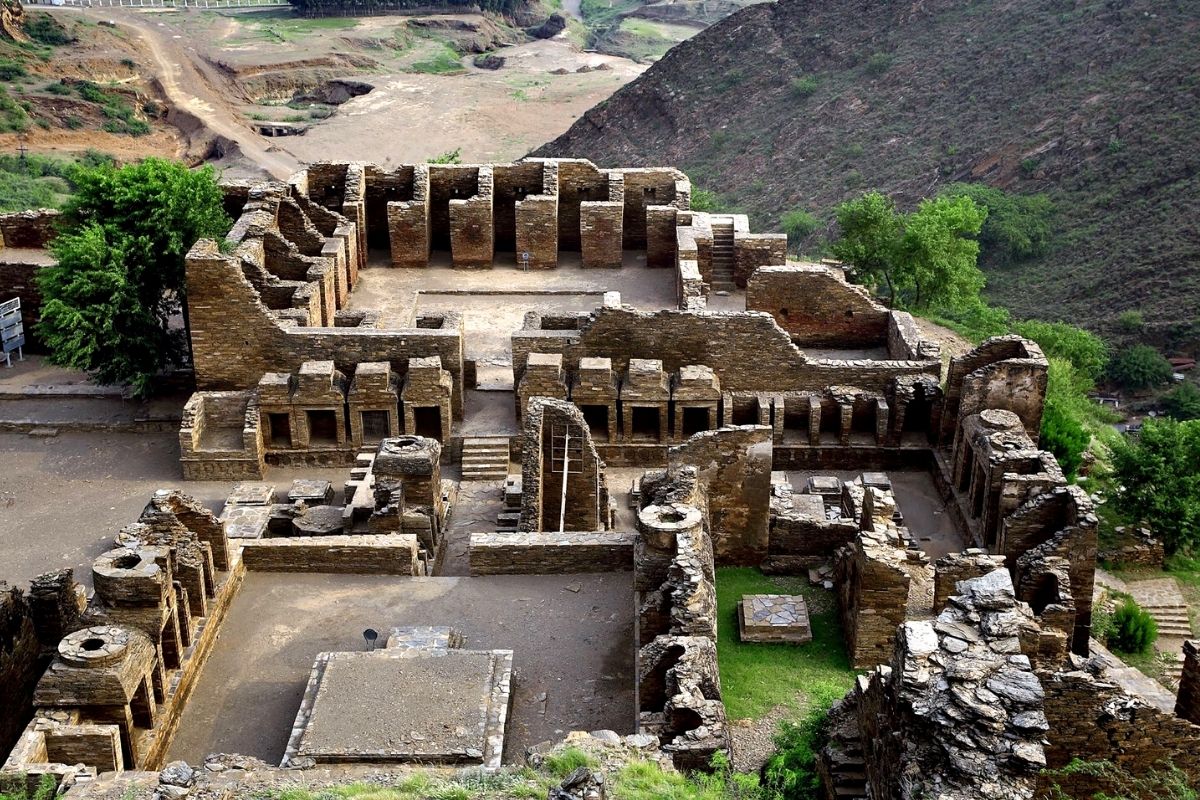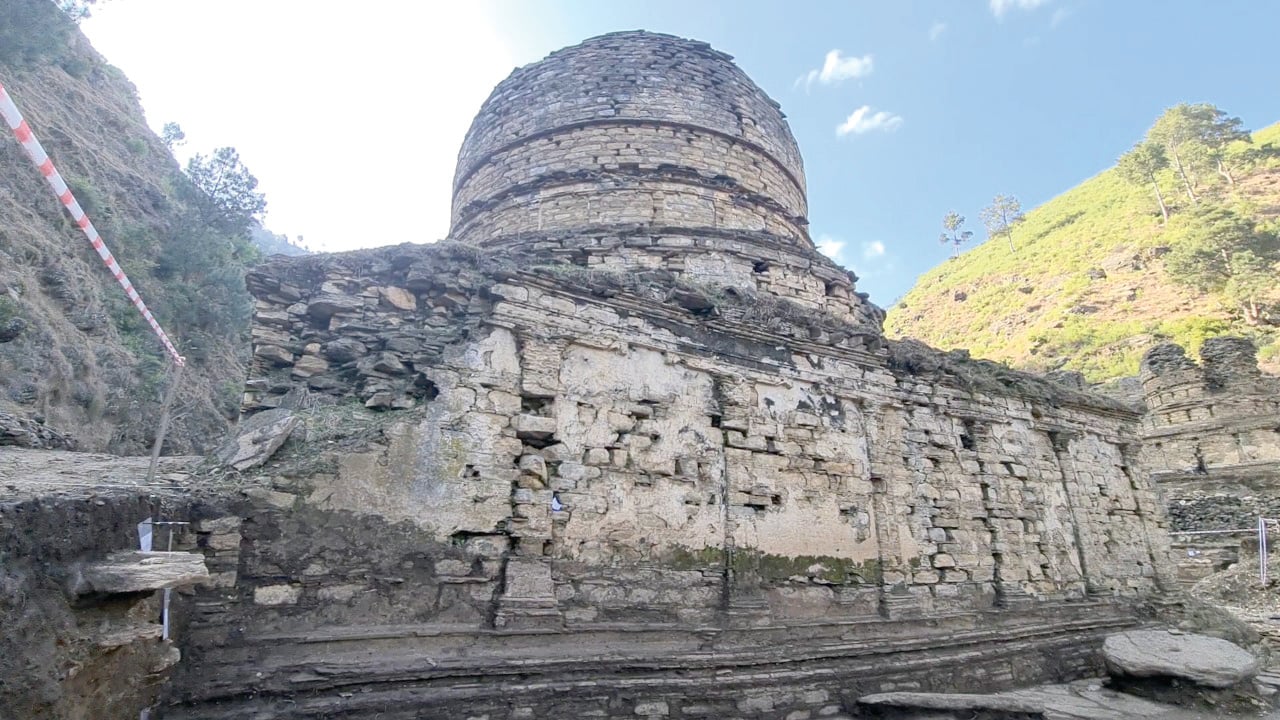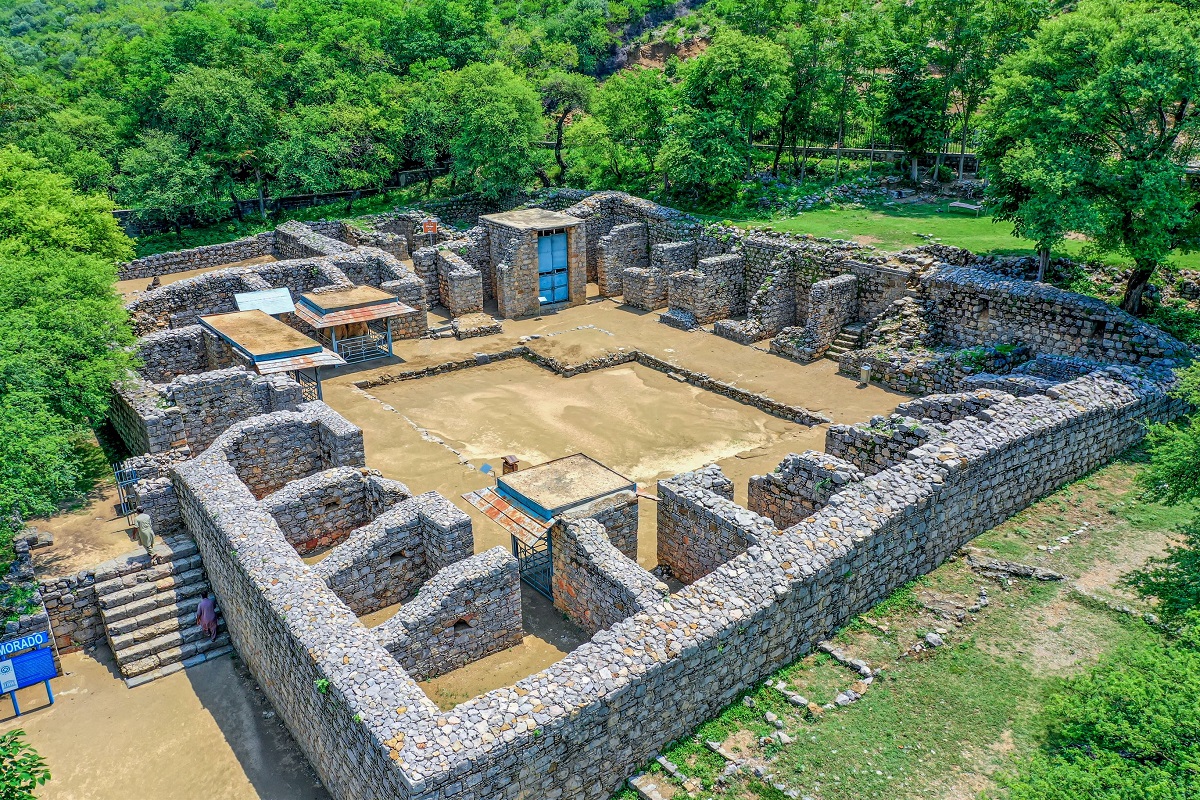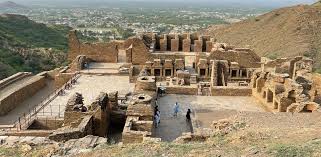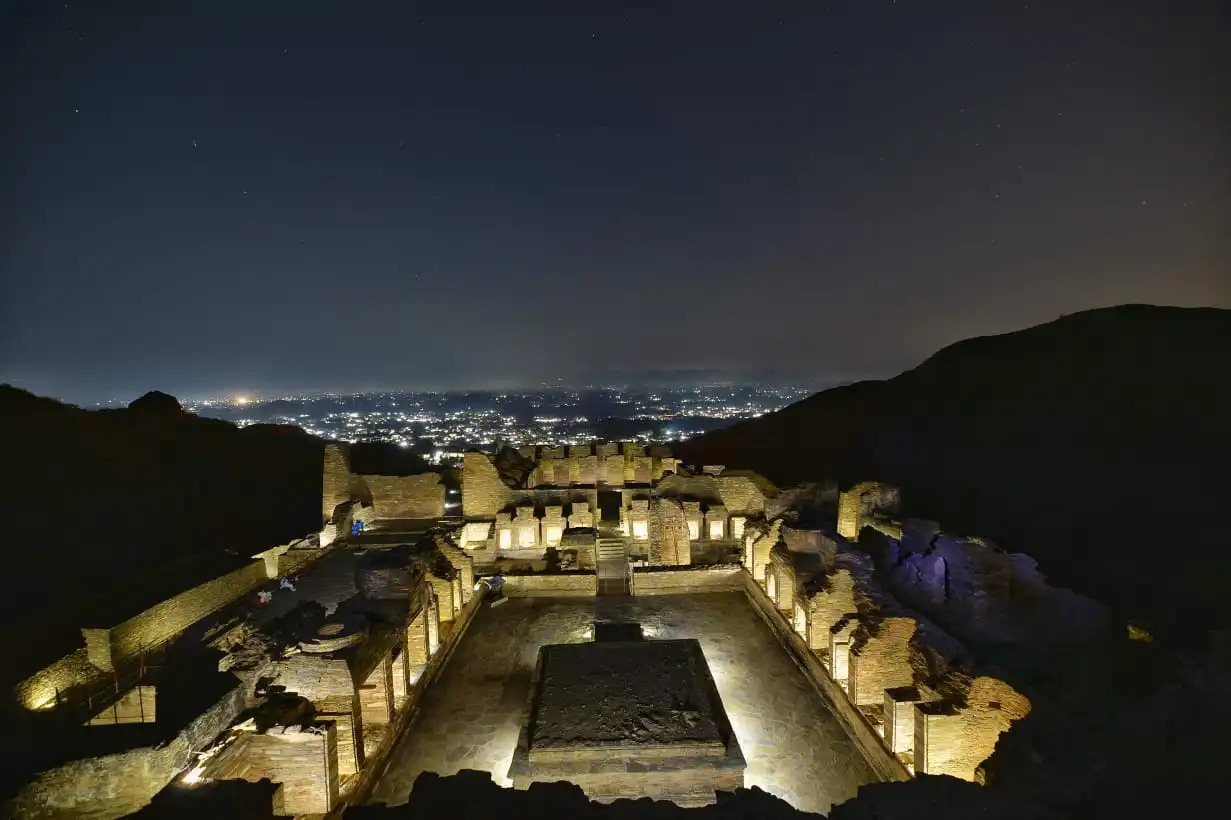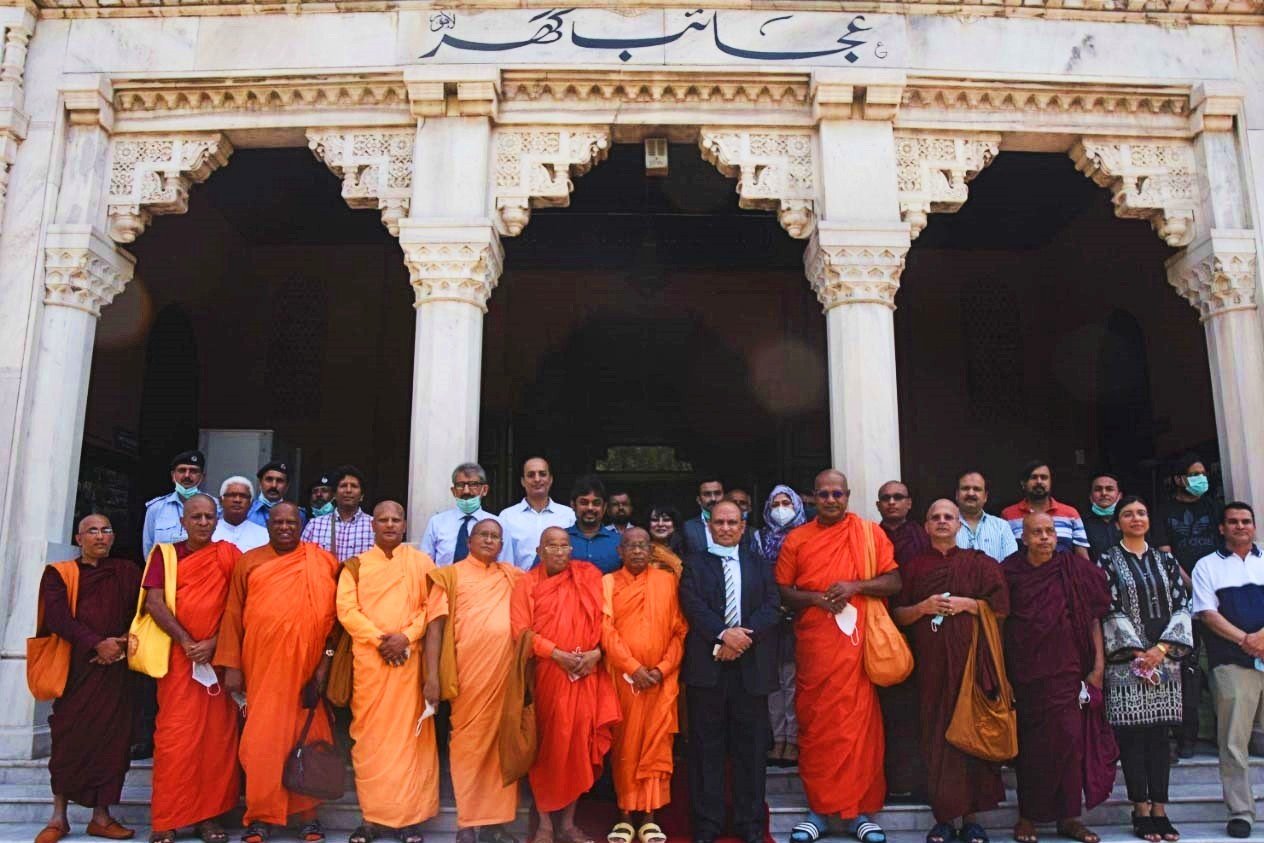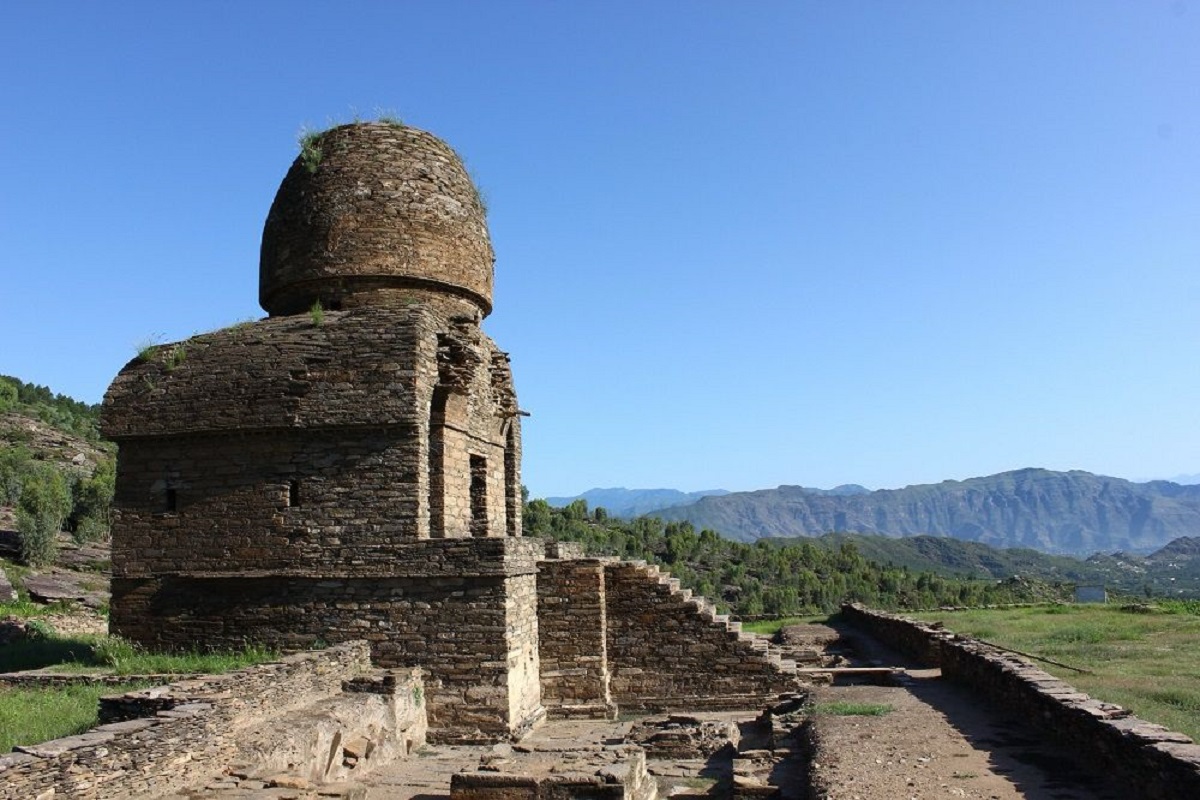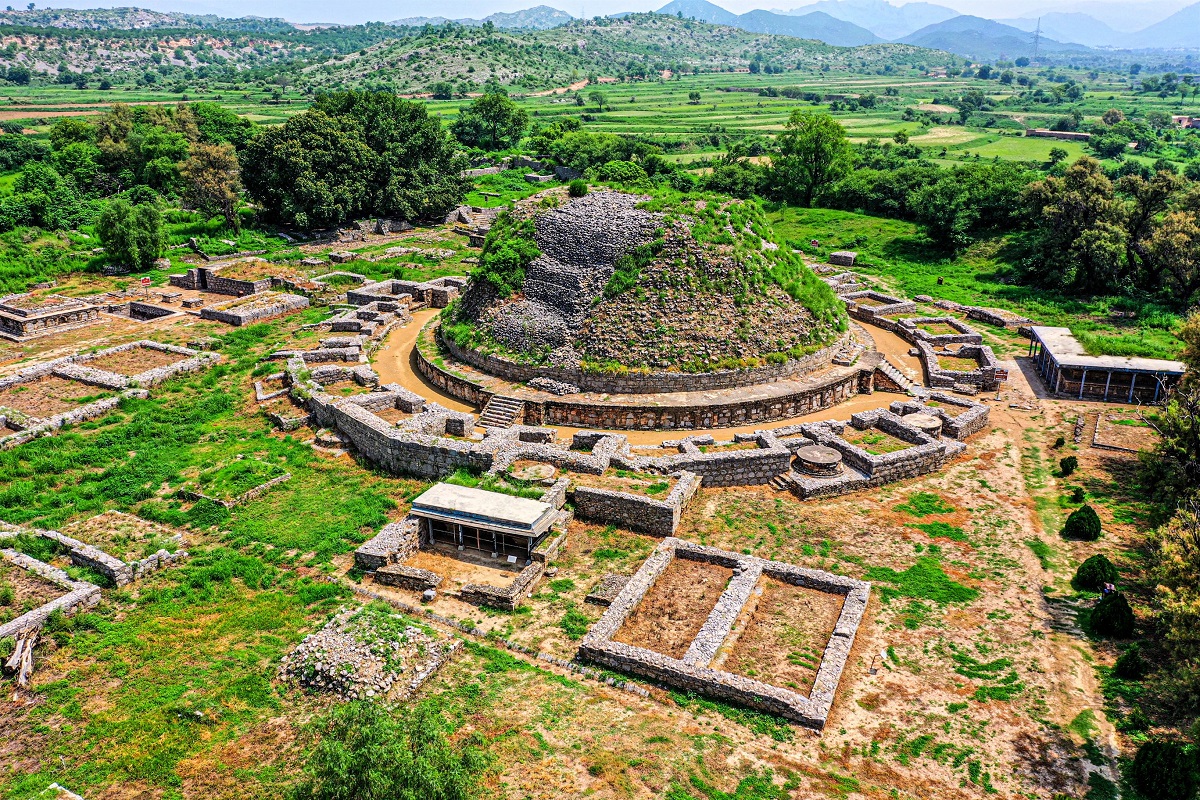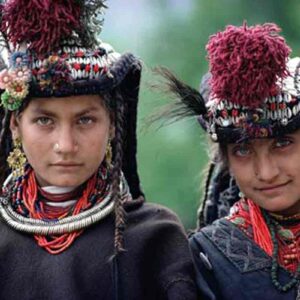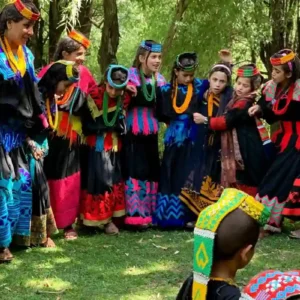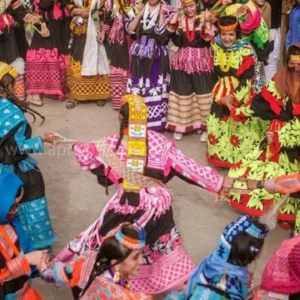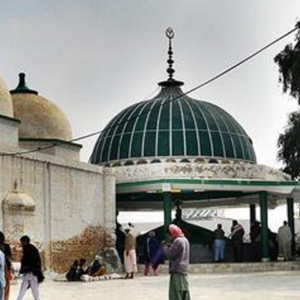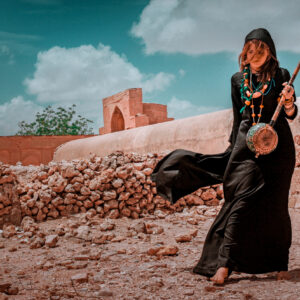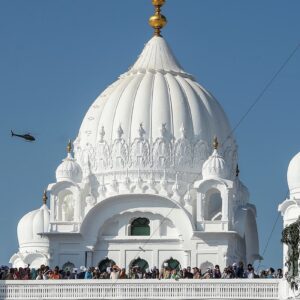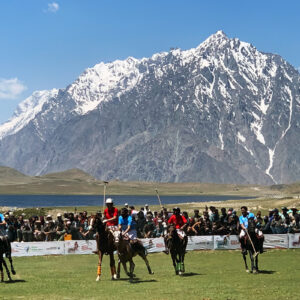Buddhist Pilgrimage in Pakistan: A Journey Through Ancient Sacred Sites
Description
Pakistan, a land of diverse cultures and ancient civilizations, holds a special place in the history of Buddhism. Once a thriving center of Buddhist learning and culture, the region is home to some of the most significant Buddhist sites in the world. A Buddhist pilgrimage in Pakistan offers a unique opportunity to explore these ancient sacred sites, delving into the rich heritage and spiritual significance of Buddhism in the subcontinent.
Key Buddhist Sites in Pakistan
- Taxila
- Overview: Taxila, a UNESCO World Heritage Site, was one of the most important centers of learning in the ancient world. It was here that the great Buddhist scholar and philosopher, Ashvaghosha, lived and taught. The site includes numerous stupas, monasteries, and the remains of ancient cities.
- Highlights: Dharmarajika Stupa, Julian Monastery, and Sirkap city ruins.
- Takht-i-Bahi
- Overview: Located near Mardan in Khyber Pakhtunkhwa, Takht-i-Bahi is one of the most well-preserved Buddhist monasteries in the world. The site, perched on a hilltop, offers stunning views of the surrounding landscape and a glimpse into the monastic life of ancient Buddhist monks.
- Highlights: The main stupa, monastery complex, and assembly halls.
- Swat Valley
- Overview: Often referred to as the “Cradle of Buddhism,” Swat Valley was a major center of Buddhist civilization. The valley is dotted with ancient stupas, monasteries, and rock carvings, reflecting its rich Buddhist heritage.
- Highlights: Butkara Stupa, Shingardar Stupa, and the Buddhist rock carvings at Jahanabad.
- Mansehra Rock Edicts
- Overview: The Mansehra Rock Edicts, located in the Hazara region, are a set of inscriptions attributed to the Mauryan Emperor Ashoka. These edicts, carved into large rocks, contain teachings and proclamations related to Buddhism and Ashoka’s efforts to spread the religion.
- Highlights: The edicts are written in the ancient Kharosthi script and offer valuable insights into the spread of Buddhism in the region.
- Mohra Moradu
- Overview: Mohra Moradu is an ancient Buddhist monastery located in the Taxila region. The site includes a well-preserved stupa and a series of small cells that monks used for meditation and study.
- Highlights: The central stupa, meditation cells, and the intricate stone carvings that adorn the site.
This Buddhist pilgrimage through Pakistan offers a rare chance to connect with ancient history, explore sacred sites, and deepen your understanding of Buddhism in one of its historic heartlands. Whether you’re a devout follower or simply interested in the region’s rich cultural heritage, this journey promises to be a spiritually enriching experience.
Itinerary
Arrive in Islamabad and transfer to your hotel. Evening visit to the Taxila Museum. Overnight stay in Islamabad.
Full-day exploration of the Taxila ruins, including Dharmarajika Stupa, Julian Monastery, and Sirkap. Return to Islamabad for an overnight stay.
Early morning departure to Takht-i-Bahi. Explore the monastery and surrounding archaeological sites. Drive back to Peshawar for an overnight stay.
Depart for Swat Valley in the morning. Visit Butkara Stupa, Shingardar Stupa, and the Buddhist rock carvings at Jahanabad. Overnight stay in Mingora, Swat.
Morning departure to Mansehra. Visit the Mansehra Rock Edicts and nearby archaeological sites. Return to Islamabad for an overnight stay.
Day trip to the Mohra Moradu monastery in Taxila. Explore the ancient stupa and meditation cells. Return to Islamabad in the evening.
Transfer to Islamabad International Airport for your onward journey.
Location
Faq
The best time to visit is from October to April when the weather is mild and pleasant, making it ideal for exploring outdoor sites.
While it's possible to explore these sites independently, hiring a knowledgeable guide can greatly enhance your experience, providing historical context and insights into the significance of each site.
Pack comfortable walking shoes, light clothing, a hat, sunscreen, and a camera. Also, consider bringing a guidebook on Buddhism to deepen your understanding of the sites.
No special requirements are needed, but it's important to respect the cultural and religious significance of these sites by dressing modestly and following any local guidelines.
Yes, these areas are generally safe for tourists. However, it's always advisable to stay informed about the current situation and follow any travel advisories.
Yes, there are comfortable accommodations available in Islamabad, Peshawar, and Swat Valley, ranging from budget to luxury options.
